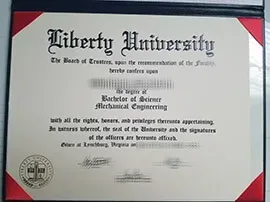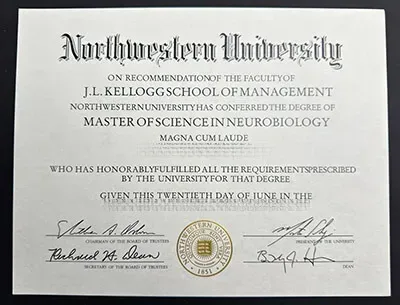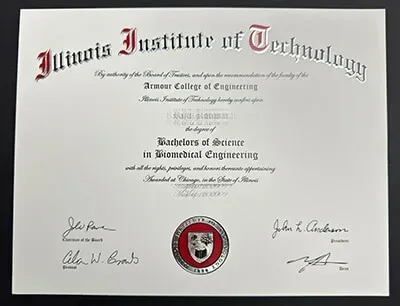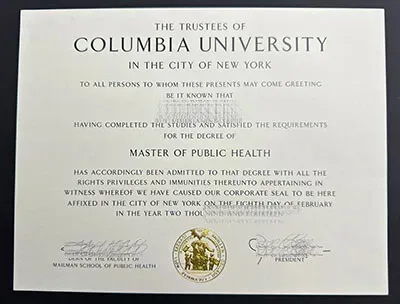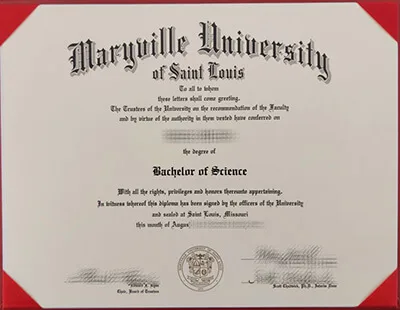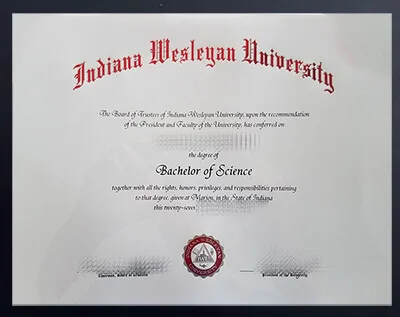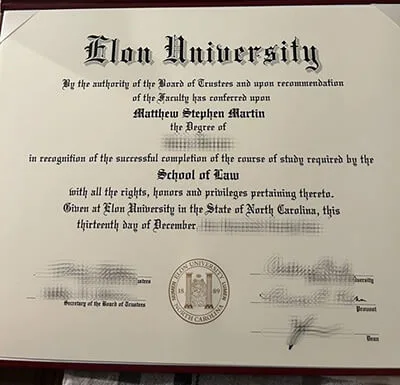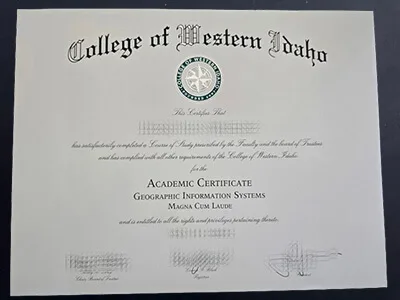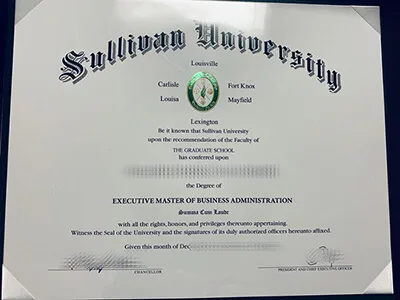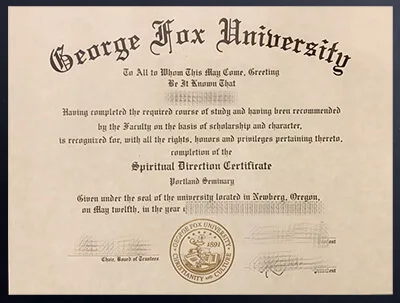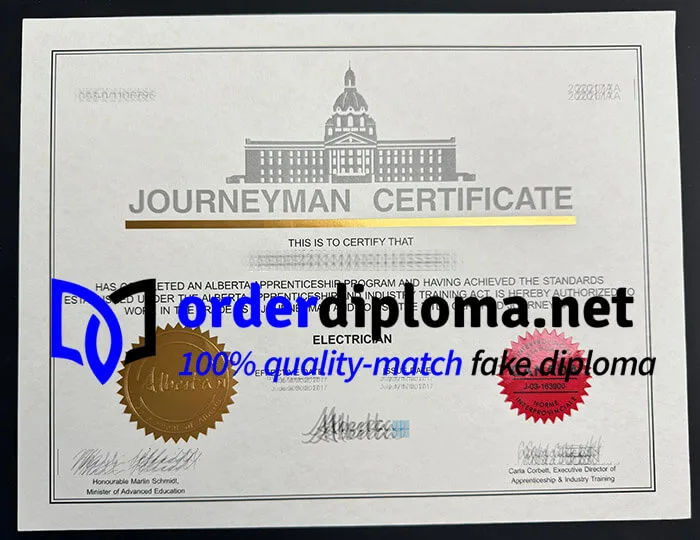
Where to buy a Journeyman certificate? buy Journeyman certificate online.
How to Get a Journeyman Certificate: A Step-by-Step Guide
A Journeyman Certificate is an essential qualification for skilled trades professionals in fields like electrical work, plumbing, HVAC, and carpentry. Earning this certificate demonstrates competency, allowing tradespeople to work independently and advance their careers. Here’s a comprehensive guide to obtaining a Journeyman Certificate, including eligibility, the training process, and tips for success.
1. What is a Journeyman Certificate?
The Journeyman Certificate is a credential awarded to individuals who have completed the required training and experience in a skilled trade. This certificate signifies proficiency in a specific trade and is often required to work independently or take on more complex projects. A Journeyman-level tradesperson typically works under a master tradesperson or contractor, gaining more hands-on experience and gradually progressing in their career. Can I order Journeyman certificate? buy fake certificates online.
Key Benefits of a Journeyman Certificate:
Allows for independent work in a trade
Increases job opportunities and earning potential
Required to advance toward a master-level certification
2. Determine Eligibility Requirements
The eligibility requirements for obtaining a Journeyman Certificate vary by trade and location. Typically, requirements include a combination of classroom instruction, on-the-job training, and an apprenticeship period.
General Requirements:
High School Diploma or GED: Most programs require a high school education or equivalent.
Apprenticeship Completion: Usually, candidates must complete a state-registered apprenticeship.
Trade-Specific Training Hours: Each trade has a set number of required classroom hours, usually between 400 to 1,000 hours.
On-the-Job Training Hours: Requirements generally range from 6,000 to 8,000 hours, depending on the trade.
3. Enroll in an Apprenticeship Program
Enrolling in a state-approved apprenticeship program is a critical step in becoming a Journeyman. Apprenticeships offer hands-on experience and mentorship, allowing individuals to develop their skills under the supervision of experienced tradespeople.
Finding an Apprenticeship:
Trade Unions: Many unions offer structured apprenticeship programs for their members.
Community Colleges and Trade Schools: Some institutions offer apprenticeships or pre-apprenticeship programs.
State Department of Labor: Many states list approved apprenticeship programs through the Department of Labor.
Benefits of Apprenticeships:
Real-world experience and mentorship from master tradespeople
Industry-recognized training that counts toward Journeyman requirements
A pathway to earning while learning the trade
4. Complete Required Coursework
Many states and industries require Journeyman candidates to complete formal coursework related to their trade. This coursework often includes trade theory, safety regulations, codes, and hands-on lab work. Classes may be available at trade schools, community colleges, or through trade associations.
Common Topics in Journeyman Training Programs:
Electrical Theory and Wiring Codes: For electricians.
Pipe Fitting and Plumbing Codes: For plumbers.
HVAC Systems and Refrigeration Basics: For HVAC technicians.
Carpentry Techniques and Safety Regulations: For carpenters.
Completing these courses not only prepares you for the Journeyman exam but also equips you with the knowledge needed to perform the job safely and effectively.
 USA fake diplomas
USA fake diplomas UK fake diplomas
UK fake diplomas Canada fake diplomas
Canada fake diplomas Australian fake diplomas
Australian fake diplomas South Aftica diplomas
South Aftica diplomas Other fake diplomas
Other fake diplomas

